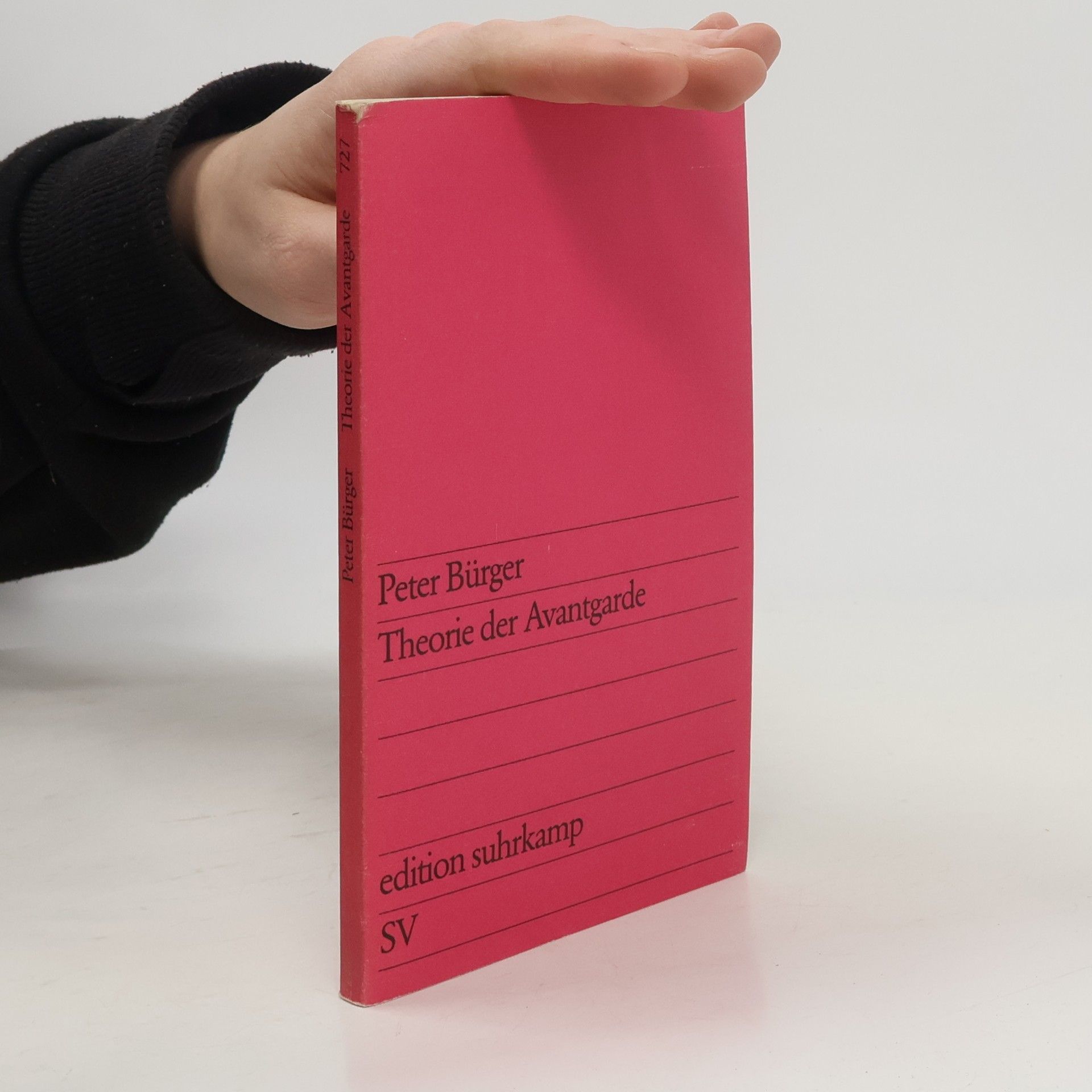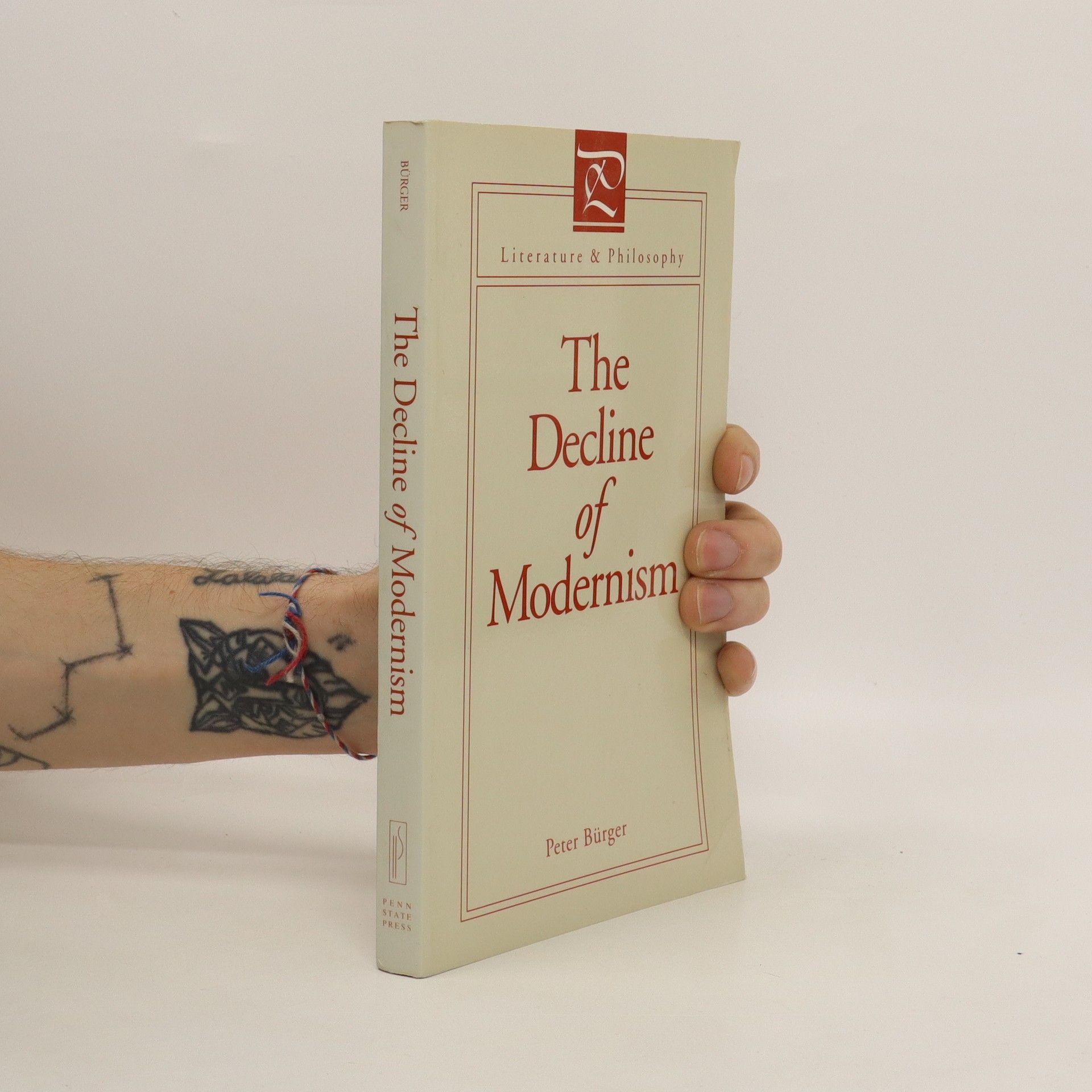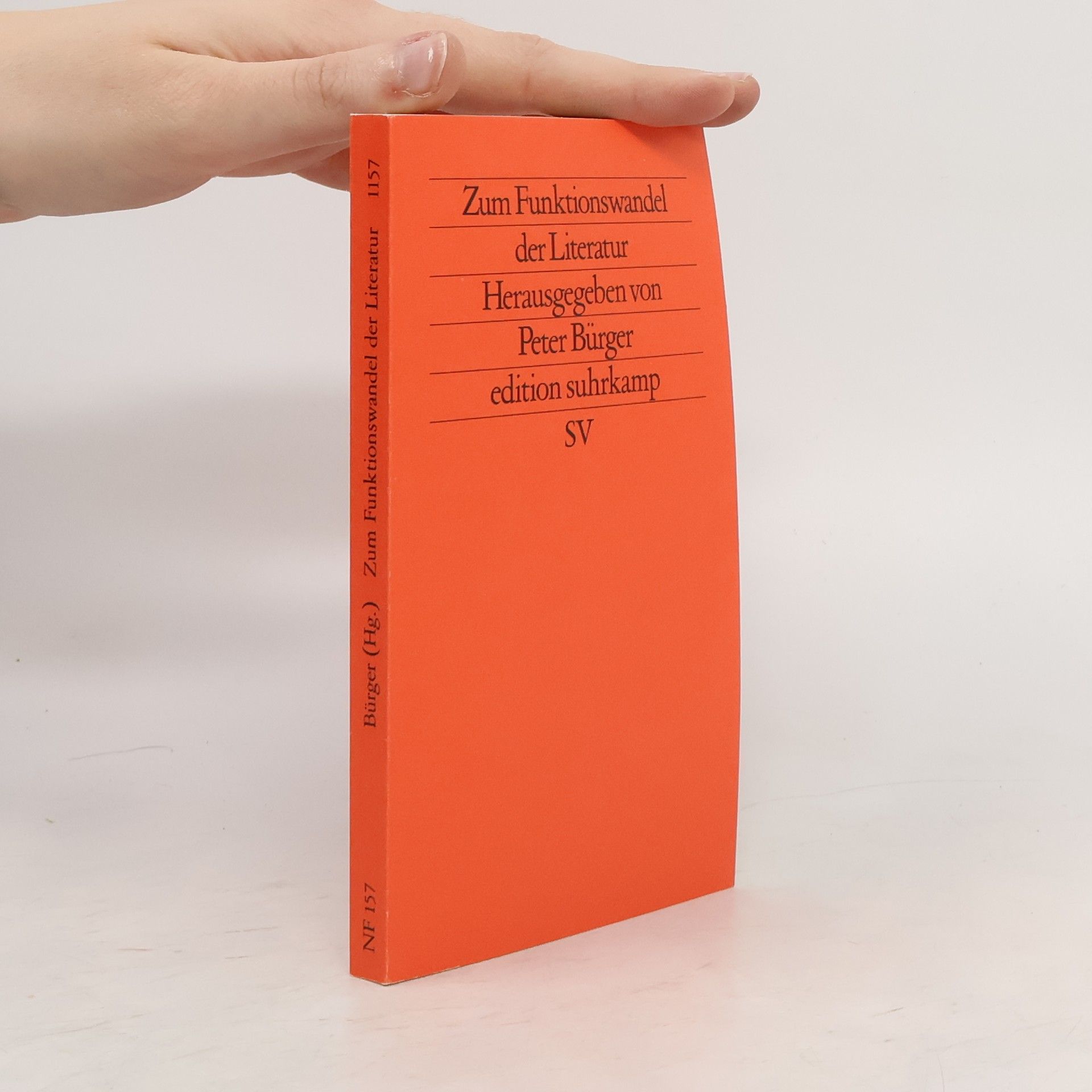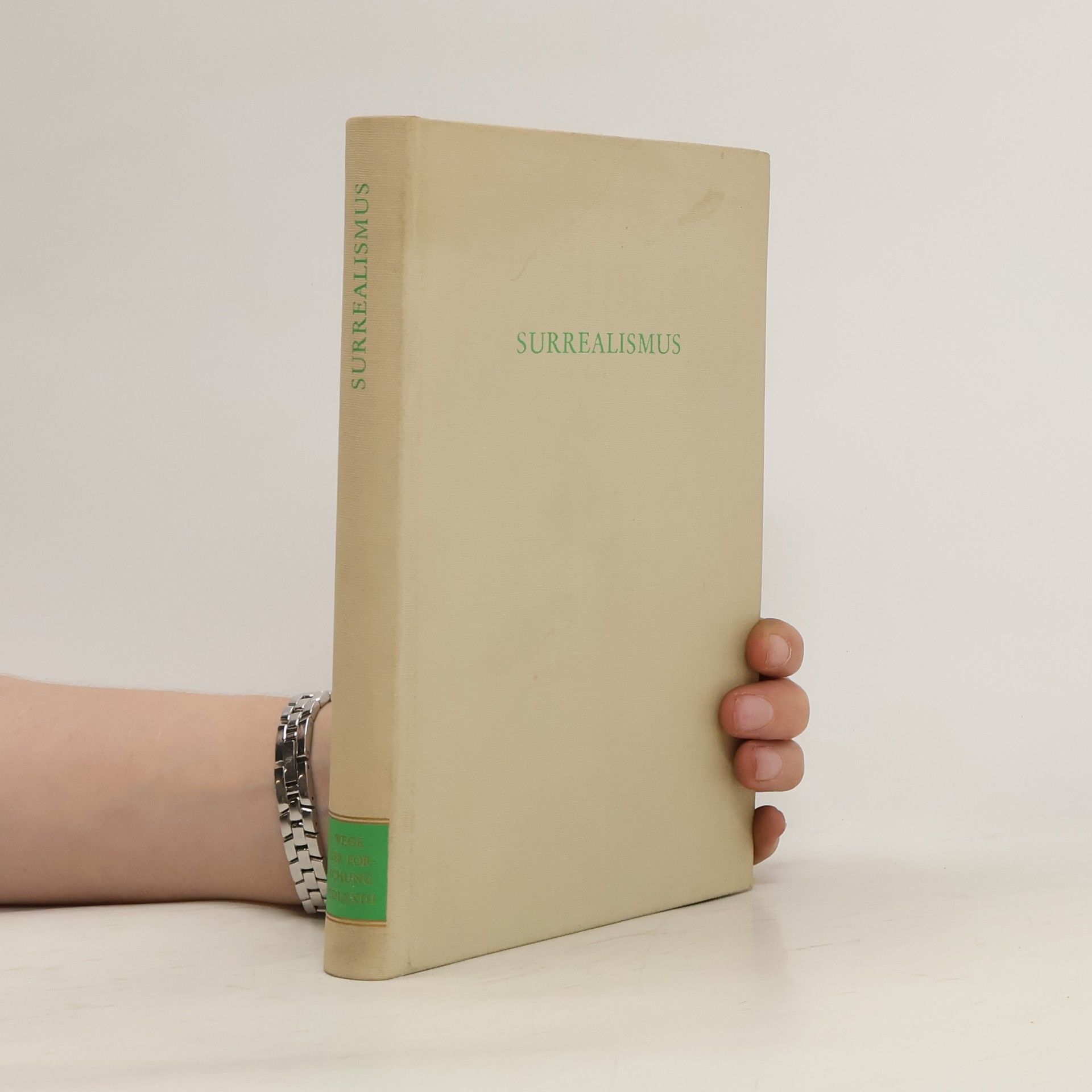Auferstehung
Roman - Nach der ungekürzten Originalausgabe mit Genehmigung des Verfassers übersetzt von Wladimir Czumikow 1899/1900
- 590 pages
- 21 hours of reading
1898/1899 vollendete Leo N. Tolstoi seinen Roman "Auferstehung", den er ein Jahrzehnt zuvor begonnen, aber 1897 beiseitegelegt hatte. Der Erlös sollte den christlichen Duchoborzen, die den Militärdienst verweigerten, bei ihrer Auswanderung helfen. Die Hauptfigur, Fürst Nechljudow, erkennt seine Schuld am Schicksal des ehemaligen Dienstmädchens Katjuscha Maslowa und empört sich über die staatlichen Gewaltapparate, die die Interessen der Reichen vertreten. Er möchte die Ungerechtigkeit der bestehenden Eigentumsverhältnisse beenden und überwindet in der Begegnung mit politischen Gefangenen seine Vorurteile gegenüber Revolutionären. Nechljudow zeigt Sympathien für gewaltfreien Sozialismus und sehnt sich nach einem authentischen Christsein, das über die Strafreligion des klerikalen Machtkomplexes hinausgeht. Wladimir Czumikow vermerkte 1900 zu seiner neuen Übersetzung der unzensierten Fassung, dass einige seiner Landsleute den Roman als Beschimpfung des russischen Gerichts und der Kirche sahen und ihn als Vaterlandsverräter betrachteten. Er betont, dass es im Roman nicht nur um russische Zustände geht, sondern um menschliche Institutionen, die durch nationale Kontexte greifbar gemacht werden. Der Roman deckt schonungslos tiefgreifende Wahrheiten und Schäden in der menschlichen Gesellschaft auf.













